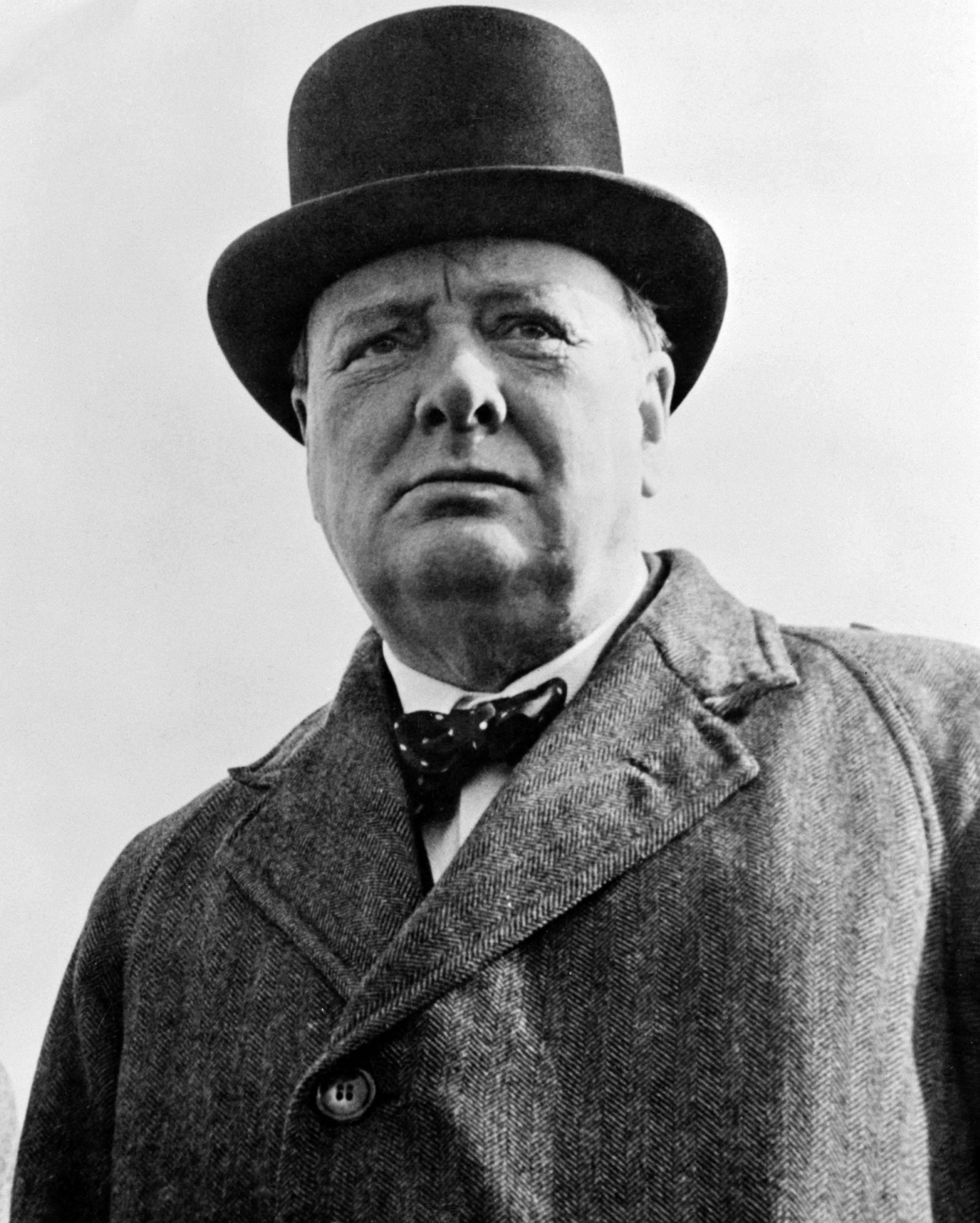 etween 1940 and 1945, Churchill enjoyed more popularity than any other British prime minister. In May 1945, a few weeks before the election, opinion polls showed that he enjoyed the trust of 83% of Britons (British citizens). Everyone expected Churchill to bring victory to the Conservative Party in the next election. However, the Labor Party won by a surprising majority, defeating the great hero during the war.
etween 1940 and 1945, Churchill enjoyed more popularity than any other British prime minister. In May 1945, a few weeks before the election, opinion polls showed that he enjoyed the trust of 83% of Britons (British citizens). Everyone expected Churchill to bring victory to the Conservative Party in the next election. However, the Labor Party won by a surprising majority, defeating the great hero during the war.
The Conservatives then suffered an unexpected defeat, for which Churchill was largely responsible. However, the qualities that had made him an exceptional leader in a time of war were not, in the opinion of the British, suitable for leading domestic politics in a time of peace. In other words, according to the British historian Paul Anderson, Churchill was defeated in the 1945 elections precisely because of his success as prime minister during the war.
Churchill’s first move as prime minister was to invite the leaders of Britain’s three major parties — Labor, Liberals, and Conservatives — Attlee, Sinclair, and Chamberlain — to join a coalition government. The agreement between the three parties gave Britain a governing coalition that ensured the country’s stability in the difficult times of the war, and no one can imagine today that anyone other than Churchill could have taken on the role of a national leader. good luck.
Churchill was an exceptional wartime leader, and the most important of his goals was always military victory. Therefore, the problems related to party politics did not matter much in his eyes. But with the war’s end, British politics resumed its old course, and Churchill found himself without a clear goal or direction.
Churchill had come to power in the Conservative Party in the fall of 1940 only because he wanted to strengthen his authority as a leader in wartime. For him, the party was nothing but support, which is why he largely ignored the party’s interests during the war. In October 1944, a Conservative MP wrote that no party had ever missed a leader as much as the Conservative Party at the time.
The Labour party
Meanwhile, the Labor Party set up a political program. It launched a media propaganda in which members of the pre-war Conservative Party were accused of the policy of conciliation against Hitler and the failure to re-arm Britain in time. This propaganda also portrayed the 1930s, dominated by conservative politics, as an era of poverty and unemployment.
Churchill, absorbed in the problems of the war, ignored the reform programs devised by his ruling allies. He believed that issues related to social reforms could be discussed, even in times of war, but that decisions should be postponed to the post-war period. Thus, in the first post-war elections, the population was expected to turn to the party that seemed most willing to initiate the necessary reforms quickly. In February 1945, opinion polls (something new) showed that Labor had 18% more than the Conservatives. However, everyone expected Churchill, now a war hero, to win (as had happened to Lloyd George after World War I).
Mistakes made by the Conservatives
The Conservative Party’s campaign was built, as expected, around Churchill, claiming that he was not only an excellent wartime leader but also a statesman who could build politics in peacetime. Labor, on the other hand, focused on their program of nationalizing the industry, securing jobs, social security, etc.
One of Churchill’s major mistakes during the campaign was that he emphasized the need to end the war against Japan, suggesting that his only real interest was war. And in this context of distrust of Churchill’s interests in internal affairs, there were some rumors (absurd, by the way!) That he was planning a war against Russia.
Initially surprised and depressed by the unexpected defeat, Churchill quickly regained his mood. He turned to international politics, intuiting the unrest soon to come, and waited for what he thought would be the inevitable reaction of the British to Labor’s left-wing politics.
Avid Writer with invaluable knowledge of Humanity!
Upcoming historian with over 30 million views online.
“You make your own life.”





